A ‘Devil Comet’ Is Coming for the Solar Eclipse
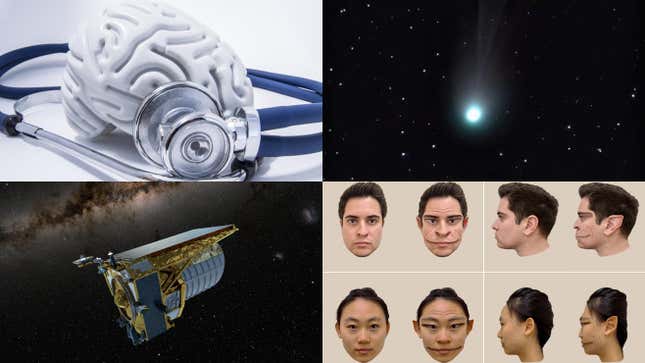
In this week’s top science stories, half the world’s population may be living with neurological illness; Europe’s space agency has a scheme to de-ice a telescope from a million miles away; and Gizmodo writer Geo Dvorsky is struggling with some major eclipse anxiety. – Rose Pastore

Our brains are in rougher shape than we might think. New research from the World Health Organization and others estimates that nearly half of people globally are living with neurological conditions, such as Alzheimer’s disease, stroke, or epilepsy, just to name a few. Collectively, these neurological problems are now thought to be the single largest leading cause of disability and illness worldwide. – Ed Cara Read More
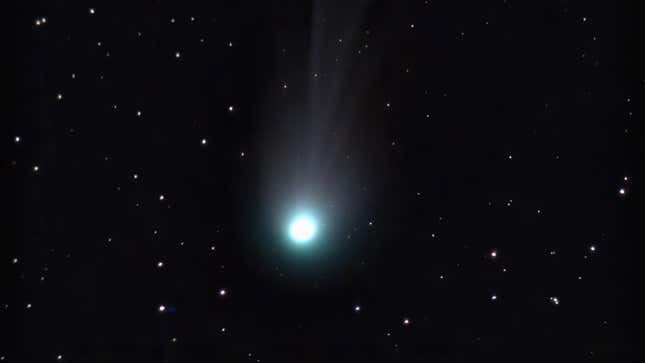
The “Devil Comet,” known formally as Comet 12P/Pons-Brooks, is set for a rare conjunction alongside the Great North American Total Solar Eclipse on April 8. For skywatchers, this raises the tantalizing prospect of capturing a highly unusual alignment, but it’s not yet certain if the comet will be visible to the unaided eye during the day, even at the height of the eclipse. – George Dvorsky Read More
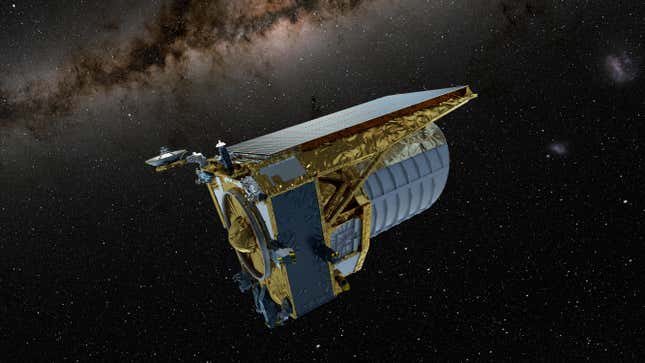
The European Space Agency’s (ESA) Euclid telescope has been gradually losing its vision as layers of water molecules have frozen onto its mirrors. That’s bad news for a mission tasked with observing the dark universe using super-sensitive cameras, but the team behind the telescope has come up with a plan to keep Euclid warm in the cold depths of space. – Passant Rabie Read More
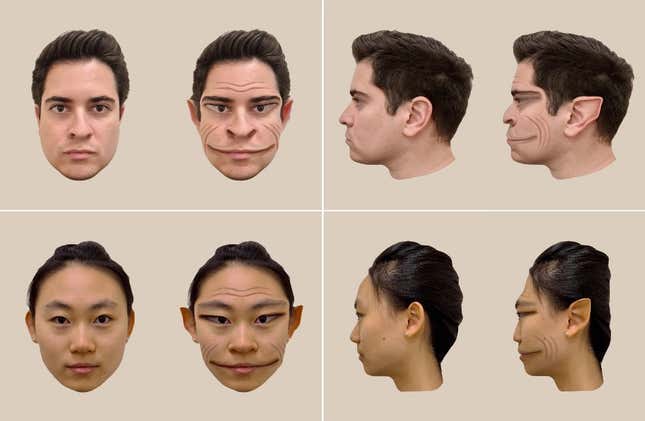
A 58-year-old man with a rare medical condition sees faces normally on screens and paper, but in person, they take on a demonic quality. The patient has a unique case of prosopometamorphopsia (PMO), a condition that causes peoples’ faces to appear distorted, reptilian, or otherwise inhuman. – Isaac Schultz Read More
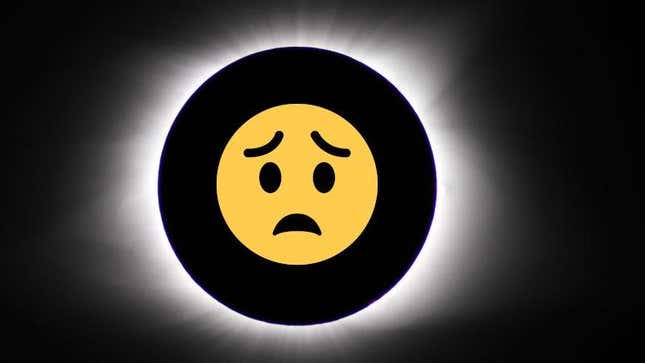
I’m suffering from an acute case of solar eclipse anxiety; maybe you can relate. The promise of this historic celestial spectacle, an event I’ve been looking forward to for years, has begun to fill me with dread. Let me explain. – George Dvorsky Read More

Diamonds are the hardest naturally occurring material on Earth, but a supercomputer just modeled stuff that’s even harder. Called a ‘super-diamond,’ the theoretical material could exist beyond our planet—and maybe, one day, be created here on Earth. – Isaac Schultz Read More
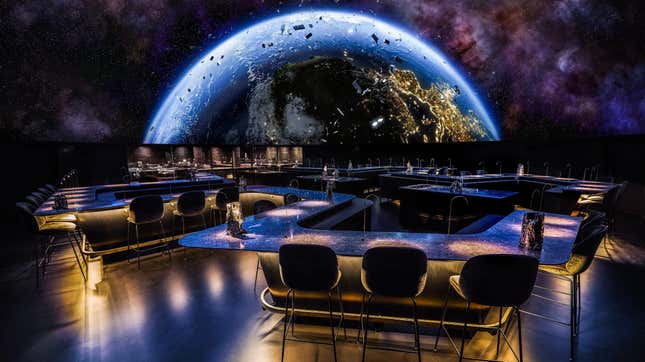
Space tourism has unlocked a new brand of luxury travel, one which promises expensive meals and designer flight suits with views of Earth’s curvature as a backdrop. A Florida-based startup is offering six passengers the chance to ride on board its balloon-propelled capsule while chowing down on what it claims to be the first Michelin-starred meal in space. And, honestly, we hate to be that guy, but Space Perspective’s capsule will not reach space. – Passant Rabie Read More
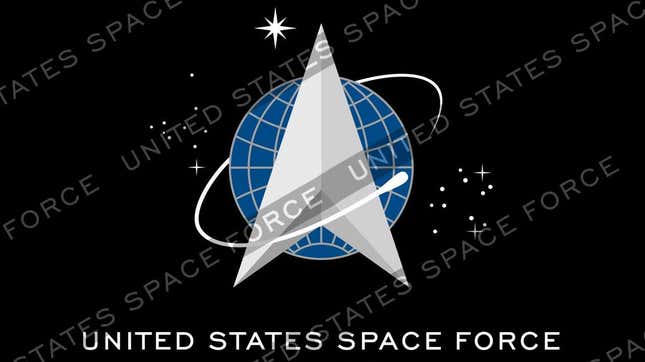
It’s been four years since the U.S. Space Force unveiled its all-too-familiar logo, establishing itself as the youngest military branch, but with clear signs of an identity issue. If you’ve ever wondered about the other logo designs that were considered, the Space Force clearly doesn’t want you to know what made them go with the Trekkie emblem. – Passant Rabie Read More
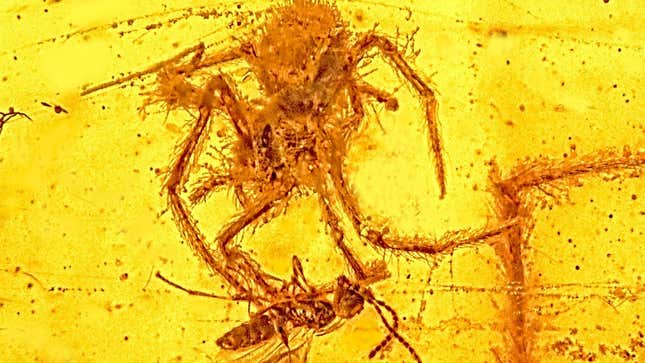
Amber fossils are like a time capsule, preserving the three-dimensional structure of animals, plants, and other prehistoric items of interest. Every once in a while, however, paleontologists stumble upon some particularly bizarre specimens and scenes. – George Dvorsky Read More
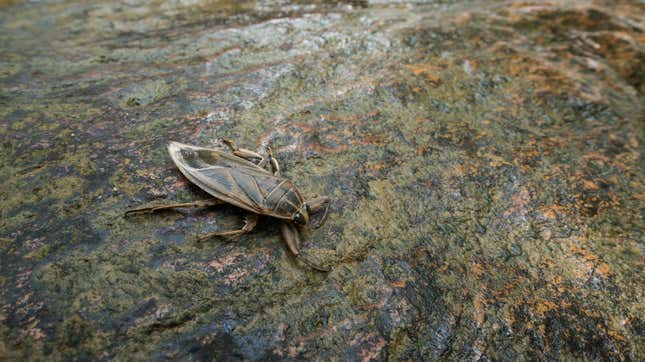
Abandon all hope, ye who enter the waters off Cyprus. A team of researchers report that the giant water bug L. patruelis has arrived in the country, sparking concerns that the creature has an established presence on the island. – Isaac Schultz Read More

